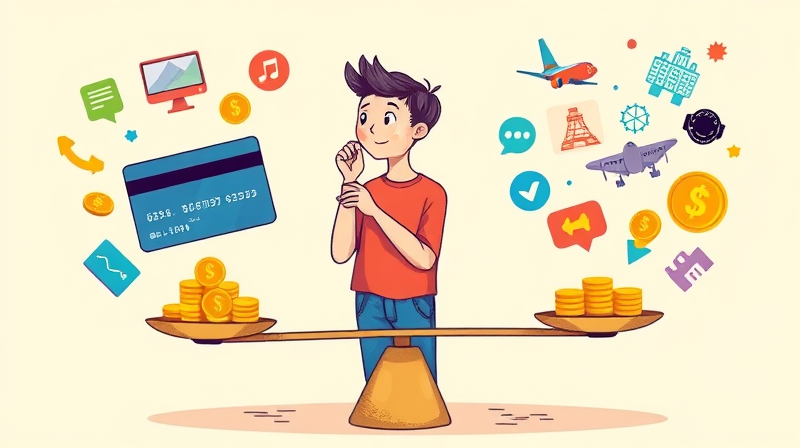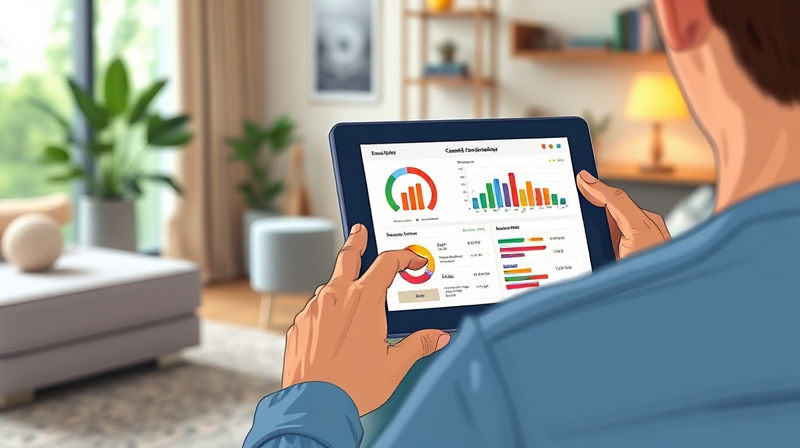
Financial literacy is more than a buzzword—it’s the cornerstone of a secure future. Imagine a world where every individual, regardless of background or budget, can navigate complex money matters with confidence. For many, that transformation begins with accessible education.
Across the globe, institutions from nonprofits to government agencies are stepping up to provide high-quality, no-cost courses. Whether you’re a teen exploring budgeting for the first time or an adult planning for retirement, these offerings can empower your financial journey and lay a firm foundation for success.
Studies show that nearly nine in ten high school students in the U.S. want more financial education at school, yet only about half of states mandate such courses. This gap leaves many young people unprepared for real-world challenges like managing credit card debt or planning for major life events.
Beyond statistics, consider the impact on individuals: without clear guidance, small mistakes can lead to long-term setbacks. Learning to budget, invest, and protect assets early can mean the difference between financial freedom and persistent stress.
Verified institutions worldwide are making it easier than ever to access expert-led financial education. Below are some of the top providers you can explore today.
This table highlights the core themes that most courses address. Together, they provide self-paced and accessible learning experiences that demystify financial concepts.
With so many options, it helps to align your goals and learning preferences to the right program. Ask yourself:
If you’re a student, look for K-12 offerings like EVERFI or PersonalFinanceLab. Young professionals may benefit from MIT’s specialized modules. Women seeking a supportive community can turn to Savvy Ladies. And for residents of Illinois, the State Treasurer’s Office provides localized resources.
To get the most out of free financial courses, consider these best practices:
The path to financial confidence starts with knowledge, and the good news is that top-tier education is now within everyone’s reach. By leveraging these free courses, you can navigate complex financial decisions and build habits that last a lifetime.
Remember, financial literacy is a journey, not a destination. Embrace the process, stay curious, and celebrate your progress—no matter how small. With dedication and these trusted and verified institutions at your side, you’re well on your way to a brighter, more secure financial future.
References













